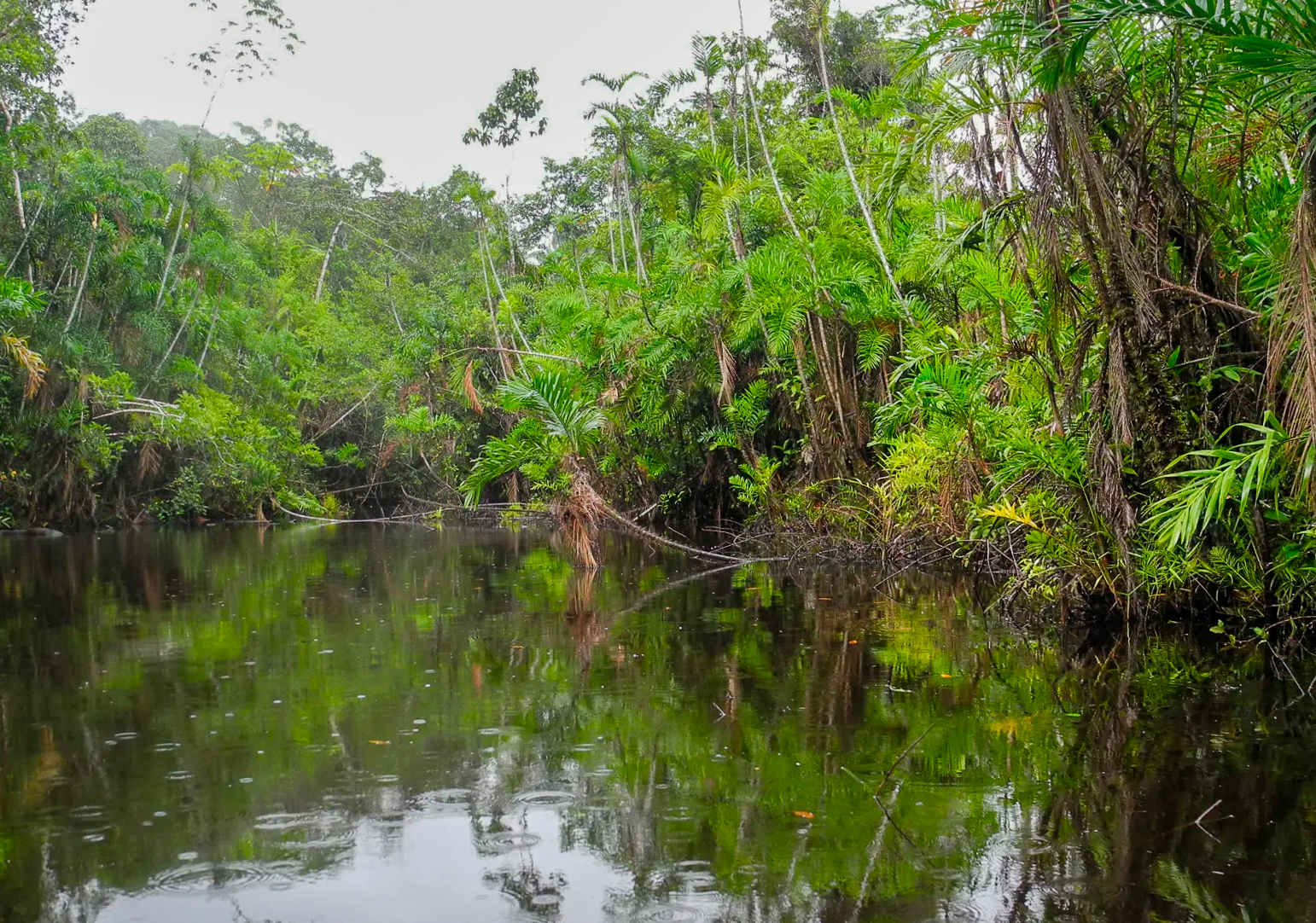18 de July de 2024
Barcelona, 18/07/2024. Geosciences Barcelona (GEO3BCN-CSIC) has obtained two projects on geothermal energy in Argentina and ecological change in the Ecuadorian Amazon under the LINCGLOBAL program. This year’s call from the Spanish National Research Council (CSIC) has awarded 10 grants for initiatives that promote interaction between Ibero-American and Spanish research staff in the field of Global Change.
The objective of this program is to identify strategies to mitigate the impacts of climate change in vulnerable environments, as well as to promote societal adaptation to new scenarios to contribute to the protection of nature, health, and the well-being of future generations.
Geothermal Energy in the Argentine Andes
One of the proposals, led by researcher Ivone Jiménez-Munt, aims to estimate the geothermal potential of the volcanic area of Cerro Blanco (Argentina) using thermomechanical numerical models. These computational tools, calibrated with data from magmatic sources, will allow the research team to understand how heat is distributed and flows in the subsurface.
“The purpose of this project is to develop a methodology and workflow to evaluate coupled thermo-mechanical processes, as a preliminary step to analyze geothermal potential,” explains Jiménez-Munt.
The work is a collaboration with the University of Buenos Aires, the National Scientific and Technical Research Council (CONICET), and the University of Salta. Researcher María Gema Llorens from GEO3BCN-CSIC is also involved in this initiative.
Global Change in the Amazon
The other initiative, named AMAPOLLEN and led by GEO3BCN-CSIC researcher Encarni Montoya, aims to identify the signals that different change agents leave on plant communities in the Yasuní National Park in the Ecuadorian Amazon, with the goal of characterizing current global change. The team seeks to understand the historical record of environmental changes in the area, distinguishing between effects caused by human activities and other natural causes.
To develop this project, the team will establish a network of calibration devices, installing traps to collect pollen in monitored vegetation plots. To identify and quantify the plant species in the region, they will use a combination of satellite imagery with field vegetation studies and information on plant use provided by local communities. The work also involves creating a reference pollen collection of Amazonian plants, focusing on those that respond to environmental impacts.
The project is supported by researchers from the Pontifical Catholic University of Ecuador, the Equinoctial Technological University, the University of San Francisco of Quito, and the Research Institute of the Peruvian Amazon. Additionally, from Geosciences Barcelona, researchers Agustín Lobo, and the team from the Paleoecology Laboratory, Núria Cañellas-Boltà, Dael Sassoon, and Mª del Carmen Trapote, are collaborating.
International Cooperation Program
The LINCGLOBAL initiative seeks to understand and predict the impacts of global change on terrestrial and aquatic ecosystems, both in Ibero-America and the Iberian Peninsula. It also aims to formulate strategies to respond to such impacts, as well as to train human resources and promote dissemination and education on global change issues.
The activities promoted by this initiative, with a duration of two and a half years, include holding meetings, seminars, and other internationalization activities among the participating research groups, within the framework of a common research program. It also includes work and specialization stays in both directions.

